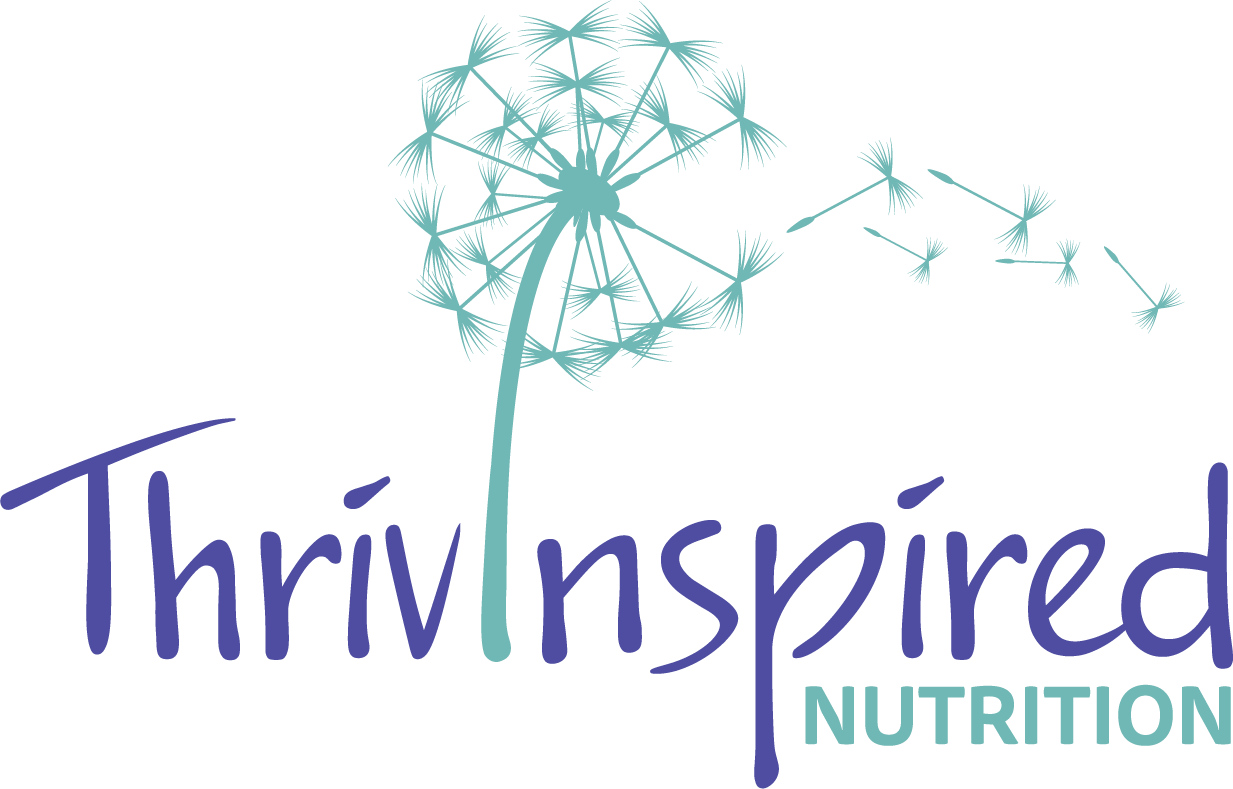Holiday Q&A: My Family Doesn’t Know I’m In Recovery From An Eating Disorder
/Question
I’m nervous about eating around a lot of people and my extended family doesn’t know I’m in recovery from an eating disorder. What are some ways to handle this?
Answer
If you’re spending your holidays with extended family members or friends who are unaware of your recovery journey, the idea of eating with them may be anxiety provoking. What if they make a comment about my food? Are they going to judge me for having a second helping and dessert? What if they notice my body has changed? If eating in a large group setting is already challenging to begin with, these additional unknowns can exacerbate feelings of discomfort and may lead you to want to skip out on the event altogether.
Below are some suggestions that may help with getting through these situations.
Try to eat with or near family members who are less likely to make food comments.
If it will be a sit down meal, try to scope out a seat ahead of time that would place you near others that aren’t as likely to make comments about what you’re eating, what they’re eating, diets, weight, etc. The same goes for meals that are eaten spread throughout several rooms or seating areas, although there is added flexibility in this scenario as 1) the group will be smaller and 2) you could get up and eat with another group if the conversation takes a turn. While you may not be able to avoid all unhelpful comments over the course of the party, limiting your exposure to these at the meal itself may make the act of eating in the group setting less stressful.
Consider that others may not be as aware of what you are eating as you are.
Stress about eating with a group may be connected to fears of judgment from others— judgment about food choices, portions, eating styles, and more. Diet culture certainly plays a role in this. For some folks I’ve worked with, what’s made group eating experiences feel more manageable is when they consider that others around them are possibly more preoccupied with themselves than making a judgment about what they (the client) is eating, and that it’s possible no one but the client knows (or remembers) that they plated mashed potatoes and a bread roll, or that they got up for a second helping, or had dessert. Even if you’re thinking a lot about it, others may not be.
And, it’s also possible that someone else could be making a judgment about what you are eating, based on their own beliefs and biases, which you cannot control. If this judgment is said out loud, a few different ways you can respond are:
“I would prefer if you didn’t comment on my food choices”
“I don’t appreciate those types of comments and would like to talk about something other than what I’m eating.”
“I’m not concerned with that, but I am looking forward to enjoying this food.”
We have further suggestions for responding to food, body, and diet talk in this blog post.
Let a trusted friend or family member know when you need support.
If there will be at least one person at the gathering who knows your history, ask them ahead of time if you can lean on them for support. For example, could they step outside with you to talk if you needed to? If there isn’t anyone at the event you feel comfortable doing this with, consider calling or texting a friend or family member ahead of time to see if they could be available for a quick chat or phone call if you need to take a breather from the party.
Sharing a meal with a group as part of a celebration or tradition can be scary AND enjoyable. It can be a time to reconnect with family and friends you don’t get to see often. It can also be a time to enjoy special food that isn’t had during other times of the year. Or maybe, the social connections and types of food aren’t that important to you, and that’s OK. Perhaps just getting through these experiences is a win. We hope you find these suggestions helpful over these next several weeks.
Want more support on finding peace with food during the holidays and all the rest of the year, too? Contact us to schedule a FREE discovery call and see if working together is a good fit for you! We see clients in Vermont, Florida, and several other states. And, be sure to join our email list for more tips and support on your healing journey.


